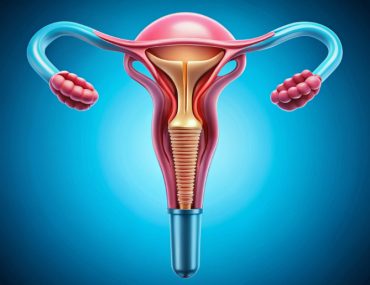Contraception
Birth control or contraception is a way to prevent pregnancy. A woman can get pregnant if a man’s sperm reaches one of her eggs. Contraception tries to stop this process from happening by keeping the egg apart from the sperm. It is the intentional prevention through the use of various devices, sexual practices, chemicals, drugs, or surgical procedures. In simple terms, it prevents pregnancy by interfering with the normal process of ovulation, fertilization, and implantation. There are two basic categories of birth control (Reversible and Permanent) that act at different points in the process. Reversible methods are temporarily used to avoid pregnancy while permanent methods involve sterilization that prevents pregnancy forever. Permanent methods are best for couples who feel certain they do not want to have children in the future. Intrauterine devices, condoms, pills, cervical caps, patches, hormonal methods all fall under the reversible category, and vasectomy treatment and tubal ligation are other common permanent techniques to avoid pregnancy.
Currently, Intrauterine devices (IUDs) are seen as a very popular method used around the world and is one of the most effective forms of birth control. IUDs are small devices placed in a woman’s uterus to interrupt the process of insemination. This Intrauterine System also comes with a high success rate of contraception. On the other hand, while you decide on the most suitable method of contraception, dual protection from the risk for HIV and other STDs should also be considered because not all contraceptive methods give you protection from HIV and STDs. A male latex condom is the most efficient form of contraception that protects against STDs. All other birth control methods aim at providing optimum safety and minimum side effects. Prevention of unintended pregnancies can also help to lower maternal ill-health and the number of pregnancy-related deaths.
Your choice of a birth control method depends on several factors, including your health, how often you have sex, number of sexual partners, family planning, etc. However, it is always advisable to speak to your health care provider, understand the advantages and disadvantages of the birth control methods in detail before making the appropriate choice as there is no “best” method of birth control for every woman. The method that is ideal for you and your partner may be based on many things and may change with time.
What Happens After an IUD Insertion? So, you’ve decided to get an intrauterine device (IUD). Maybe you’re a bit nervous, or perhaps you’re just curious about what comes…
When choosing a reliable, long-term contraceptive method, many women consider hormonal and copper IUDs. With so much information out there, it can be hard to pick the right…
You’re eagerly waiting for that one piece of news that could change your life forever. The anticipation is building, and you need to know if you’re pregnant. But…



